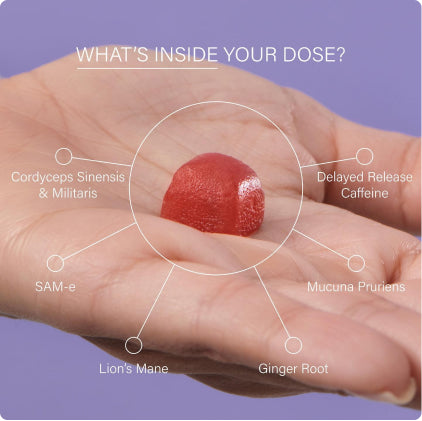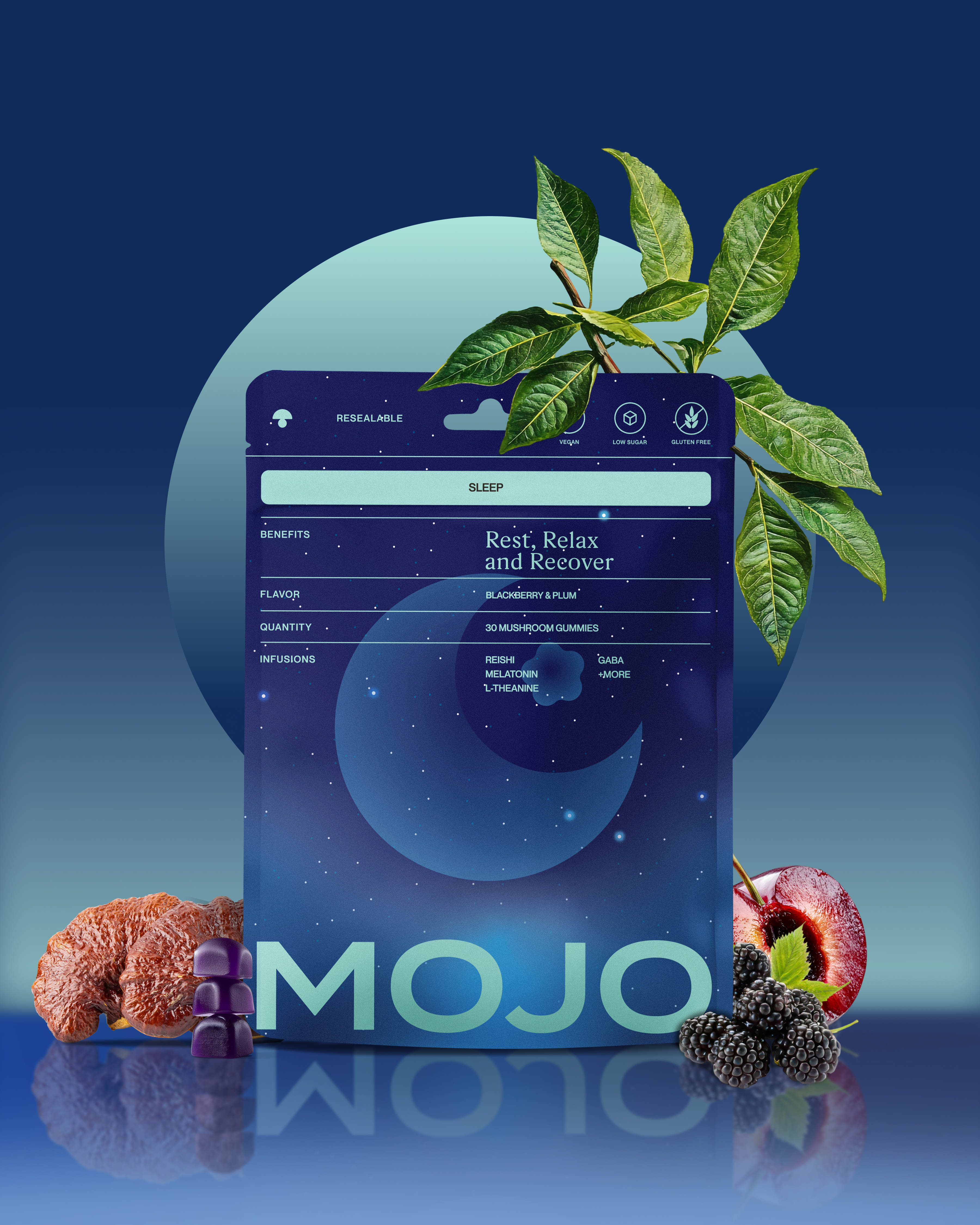Introduction
In today's fast-paced world, maintaining good health is of paramount importance. As a result, individuals are increasingly turning to natural remedies and supplements to enhance their well-being. Among the many options available, ginseng stands out as a powerhouse of health benefits.
With its rich history and extensive therapeutic properties, ginseng has captured the attention of researchers and health enthusiasts alike. This article aims to delve into the world of ginseng, exploring its various types and highlighting its remarkable health benefits.
An Overview of Ginseng
Historical Significance
Ginseng holds significant historical importance, with a rich heritage that spans thousands of years. Originating in China, ginseng became deeply ingrained in traditional medicine practices and cultural beliefs throughout Asia. Let's delve into the historical significance of ginseng and its journey through time.
Ancient Chinese Civilization:
Ginseng's use can be traced back to ancient China, where it was highly regarded for its medicinal properties.
The earliest written records of ginseng date back to the first century AD in Chinese texts, such as the "Shennong Ben Cao Jing" (Divine Farmer's Materia Medica), which described its therapeutic effects.
Chinese emperors considered ginseng a precious and revered herb, often reserving it for their exclusive use and bestowing it as a gift to foreign dignitaries.
Traditional Medicine and Taoist Philosophy:
Ginseng became a staple in traditional Chinese medicine (TCM), renowned for its ability to restore balance and promote vitality.
According to TCM principles, ginseng was classified as a superior herb, believed to possess powerful life-force energy or "qi."
The Taoist philosophy also embraced ginseng, considering it a symbol of longevity, wisdom, and spiritual enlightenment.
Expansion to Other Asian Cultures:
Over time, ginseng's reputation and usage spread to neighboring countries such as Korea and Japan.
Korean ginseng, also known as Asian ginseng or Panax ginseng, gained prominence and became highly sought after for its medicinal properties.
In Korea, ginseng was regarded as a national treasure and was cultivated with great care, leading to the development of specialized ginseng farms.
Arrival in North America:
During the 18th century, North America became a significant player in the ginseng trade.
American ginseng (Panax quinquefolius), a native species, was discovered in the eastern part of the continent and gained recognition for its unique properties.
European explorers and settlers recognized the value of American ginseng and began exporting it to China, where it was highly prized.
Cultural Symbolism and Trade:
Ginseng's scarcity and high demand led to its association with wealth, prestige, and good fortune.
It became a symbol of prosperity and was frequently used as a form of currency in trade between East Asia and the West.
The ginseng trade played a significant role in international relations and contributed to the development of diplomatic ties between nations.
Modern Scientific Research:
With advancements in scientific research, the active compounds in ginseng, such as ginsenosides, were identified and studied.
The therapeutic potential of ginseng gained recognition beyond traditional medicine, leading to extensive scientific investigations into its pharmacological effects.
The historical significance of ginseng lies in its enduring reputation as a prized herb with profound healing properties. From ancient China to the global stage, ginseng has played a vital role in traditional medicine, cultural practices, and international trade. Today, its historical legacy continues to shape its use and appreciation as a natural remedy for promoting health and well-being.
Types of Ginseng
-
Asian Ginseng (Panax ginseng): Also known as Korean ginseng, it is the most widely studied and sought-after variety. It is characterized by its adaptogenic properties, which help the body handle stress.
-
American Ginseng (Panax quinquefolius): Native to North America, this type of ginseng is esteemed for its cooling properties, traditionally used to combat fatigue and enhance cognitive function.
-
Siberian Ginseng (Eleutherococcus senticosus): Despite its name, Siberian ginseng is not a true ginseng but shares similar adaptogenic effects. It is commonly used to boost energy and strengthen the immune system.
Health Benefits of Ginseng
Boosting Energy and Reducing Fatigue
-
Ginseng's adaptogenic properties can enhance physical and mental performance, alleviate fatigue, and increase endurance.
-
Studies have shown that ginseng improves energy levels by regulating the release of stress hormones and enhancing cellular energy production.
Enhancing Cognitive Function
-
Ginseng has been found to improve memory, attention, and overall cognitive performance.
-
Active compounds in ginseng, such as ginsenosides, have neuroprotective effects, promoting brain health and reducing the risk of neurodegenerative diseases.
Strengthening the Immune System
-
Ginseng possesses immunomodulatory properties, helping regulate the immune response.
-
Research suggests that ginseng can increase the production of immune cells, improve immune function, and reduce the frequency and duration of infections.
Supporting Heart Health
-
Regular consumption of ginseng has been associated with a reduced risk of cardiovascular diseases.
-
Ginseng has been shown to lower blood pressure, improve cholesterol levels, and enhance blood flow, thus promoting a healthy heart.
Managing Stress and Anxiety
-
Ginseng's adaptogenic qualities assist the body in managing stress by balancing stress hormone levels and reducing the impact of stress on physical and mental health.
-
Its calming properties may also help alleviate symptoms of anxiety and promote relaxation.
Diabetes Management
-
Some studies indicate that ginseng may help regulate blood sugar levels and improve insulin sensitivity, making it a potential complementary therapy for individuals with diabetes.
-
Ginseng's antioxidant and anti-inflammatory properties may also contribute to its beneficial effects on diabetes management.
Choosing and Using Ginseng
Quality and Authenticity
-
When purchasing ginseng products, it is important to ensure their authenticity and quality.
-
Look for reputable brands, check for appropriate certifications, and opt for products that clearly state the type and origin of the ginseng
Forms of Ginseng
-
Ginseng is available in various forms, including capsules, extracts, powders, and teas.
-
Each form has its advantages, and it's important to choose one that suits your preferences and lifestyle.
Dosage and Usage
-
Ginseng dosage can vary depending on factors such as age, health condition, and desired effects.
-
It is recommended to start with a lower dosage and gradually increase if necessary, following the instructions provided on the product.
-
Ginseng can be taken daily or cycled with breaks to avoid tolerance buildup.
Precautions and Side Effects
-
While ginseng is generally considered safe for most individuals, it's important to be aware of potential side effects.
-
Common side effects may include digestive issues, headaches, and sleep disturbances.
-
Individuals with certain medical conditions, such as high blood pressure or hormone-sensitive cancers, should consult with a healthcare professional before using ginseng.
Final Thoughts
Ginseng, with its diverse types and impressive health benefits, continues to captivate individuals seeking natural solutions for their well-being. From boosting energy levels and enhancing cognitive function to supporting heart health and managing stress, ginseng offers a range of therapeutic effects.
However, it's crucial to choose high-quality products and follow recommended dosages. As with any supplement, it is wise to consult with a healthcare professional, especially if you have any underlying medical conditions or are taking medications. Embrace the power of ginseng and unlock its potential for a healthier and more balanced life.
Incorporating ginseng into your daily routine may contribute to improved vitality and overall wellness. Whether you opt for Asian ginseng, American ginseng, or Siberian ginseng, each variety offers its unique set of benefits. So why not explore the world of ginseng and experience the remarkable advantages it has to offer?
Our product, Mojo, uses a high quality panax ginseng and a stack of other herbs, roots and nootripics that boost mood, energy and overall well being.
If you want to try Mojo, you can use the following code for 15% off: WELCOME15
Table of contents









